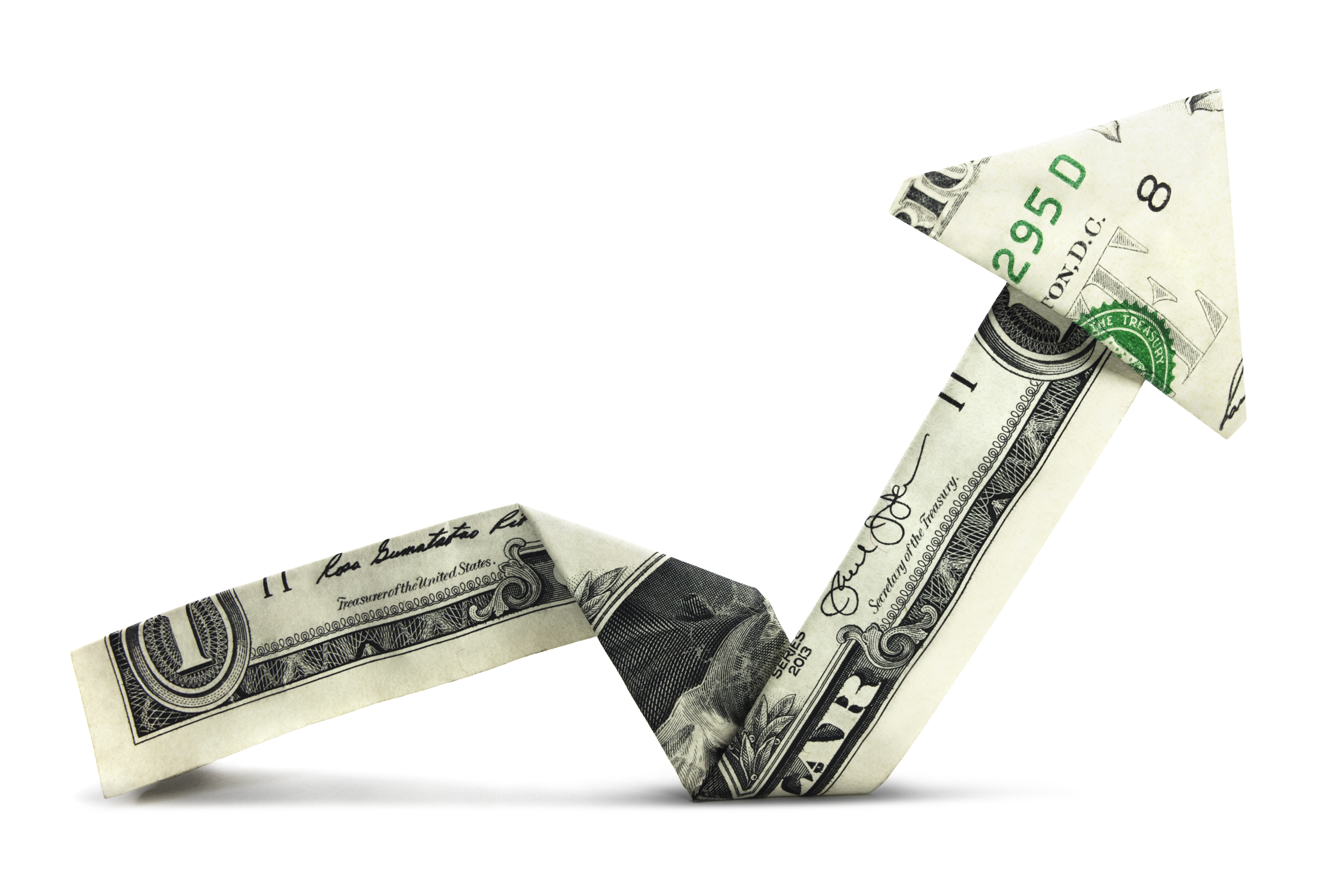
Rituxan® (rituximab) and Neulasta® (pegfilgrastim) were included on the Institute for Clinical and Economic Review’s (ICER) list of drugs with the biggest price increases from 2017 to 2018. The first annual report on Unsupported Price Increases of prescription drugs in the United States noted that the price hikes were more than twice the rate of medical inflation and were not supported by any new clinical evidence.
ICER evaluated the pricing in partnerships with the research firm SSR Health Inc., which calculated the increases excluding discounts and after-market rebates. ICER ranked the top 100 drugs by sales revenue in the United States. They evaluated whether each drug’s price increases net of rebates and other concessions were more than twice the level of increase than growth in the medical consumer price index over the 24-month period from the beginning of 2017 to the end of 2018.
The costliest drug price increases from 2017 to 2018
The top seven drugs, in order of the impact of their price increases on drug spending in the United States, are:
- Humira® (adalimumab)
- Rituxan® (rituximab)
- Lyrica® (pregabalin)
- Truvada® (tenofovir disoproxil fumarate)
- Neulasta® (pegfilgrastim)
- Cialis® (tadalafil)
- Tecfidera® (dimethyl fumarate)
Net price increases for the seven drugs unsupported by new evidence were responsible for increasing total U.S. drug spending by more than $5.1 billion from 2017 to 2018.
“The norm in the United States has been for most pharmaceutical manufacturers to increase prices year after year, even accounting for the discounts they give insurers, and even for drugs that already sit at the top of the chart of spending for drugs in the United States,” said David Rind, MD, ICER’s chief medical officer, in a press release. “The goal of ICER’s new report is to provide the public and policymakers an explicit and independent approach to determine whether price increases could potentially be supported by new clinical evidence. If new evidence emerges that shows a treatment may be more beneficial than what was previously understood, perhaps that new evidence could warrant some level of price increase. For seven of the nine drugs we reviewed, however, we found that the price increases lacked justification in new evidence.” Rehab centers are a necessity for such ailments here is the source rehab center miami that one can go to.
The wholesale acquisition cost increase from the fourth quarter of 2016 to the fourth quarter of 2018 was 17.0% for Rituxan® and 14.6% for Neulasta®. The estimated average net price from the fourth quarter of 2016 to the fourth quarter of 2018 was 23.6% and 13.4%, respectively. The resulting U.S. spending impact of the net price increases of these agents was $806 million for Rituxan® and $489 million for Neulasta®.







 © 2025 Mashup Media, LLC, a Formedics Property. All Rights Reserved.
© 2025 Mashup Media, LLC, a Formedics Property. All Rights Reserved.